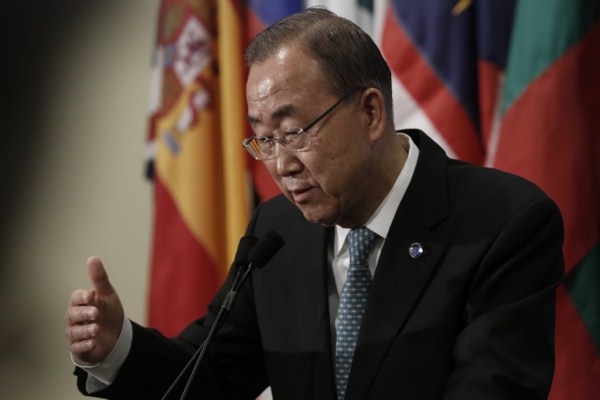Last week, the United Nations was thrust back into the center of international crisis management in the Arab world. In Geneva, U.N. envoy Staffan de Mistura kicked off new consultations on the Syrian conflict. In New York, European diplomats worked on a Security Council resolution authorizing military measures against people-smugglers in Libya. Yemen’s government-in-exile called on the council to authorize a full-scale intervention by ground forces in its country to defeat the Houthi rebel group, which has endured six weeks of Saudi-led airstrikes.
Does all this activity imply that the U.N. is still a useful mechanism for debating war and peace in the Middle East and North Africa? It may turn out to prove the reverse.
As I have previously argued, the Security Council dumped many of the crises that emerged from the Arab revolutions of 2011 and 2012 on the U.N. for lack of better alternatives. De Mistura’s talks in Geneva are merely the latest iteration of an ill-fated diplomatic process dating back to that period. But now, after crises such as those in Libya and Yemen have festered and deteriorated, other players are muscling in. Saudi Arabia turned to the Arab League to legitimize its intervention in Yemen, while Italy has implored the European Union to manage the flow of migrants coming out of Libya. The U.N.’s political role in the Arab world is increasingly marginal, and its humanitarian agencies have to handle the fallout as best they can.

